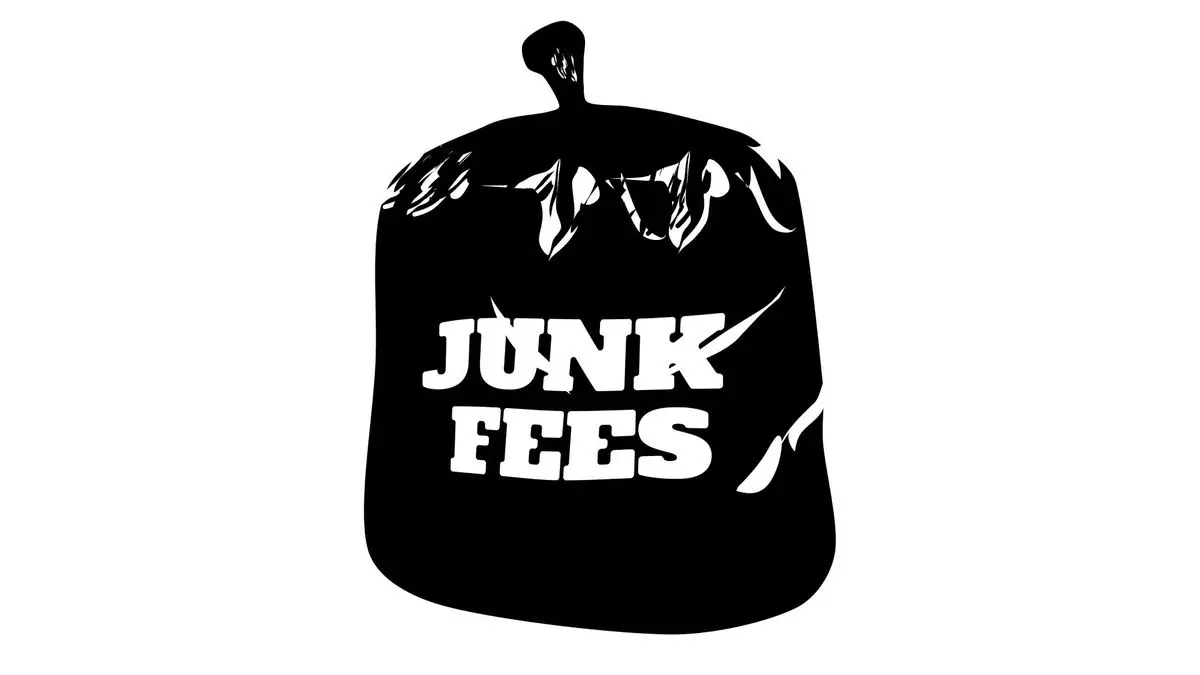In an important stride towards consumer protection, the Federal Trade Commission (FTC) has officially introduced regulations aimed at eradicating mandatory hidden fees in the hospitality and event ticketing industries. This new rule, popularly referred to as the Junk Fees Rule, mandates that hotels, vacation rentals, and other short-term lodging providers clearly disclose the total price of their services upfront, encompassing all obligatory fees in their advertisements and listings. This decisive action emphasizes the FTC’s commitment to fostering transparency in an industry often riddled with misleading pricing practices.
Hidden fees have long been a source of frustration for consumers. Many travelers and event-goers have experienced the disillusionment of finding unattractive charges tacked on to their initial price quote, often viewing these extras as deceptive and manipulative. Commonly associated with terms like “resort fees,” “service charges,” or “convenience fees,” these compulsory costs can lead to considerable confusion and financial strain. FTC Chair Lina Khan articulates this sentiment poignantly: “People deserve to know upfront what they’re being asked to pay,” drawing attention to the necessity for businesses to present transparent pricing systems that empower consumers with clear financial expectations.
The path to implementing the Junk Fees Rule began in earnest with a significant public feedback initiative launched in 2022. The FTC’s proactive approach to soliciting opinions from the public yielded an impressive 72,000 comments, showcasing the wide-ranging frustration with clandestine pricing tactics. Following thorough deliberation—culminating in a 4-1 vote—the FTC finalized the rule, marking it a major victory for advocates of consumer rights and ethical business practices. The rule is set to take effect 120 days following its publication, signaling the FTC’s readiness to hold companies accountable for their pricing strategies.
The implications of the ruling extend beyond mere compliance checks; the FTC estimates the new regulations could save consumers an astonishing 53 million hours each year that would have been spent in the frustrating quest for transparent pricing. More significantly, the financial ramifications are profound, with potential savings of over $11 billion for consumers across the next decade. This deregulation of pricing opacity serves as a catalyst for industry change, encouraging businesses to adopt more honest marketing practices while repairing the trust between consumers and service providers.
While the ruling has been welcomed by consumer protection advocates, it remains to be seen how businesses will adapt to these new standards. It begs the question of whether the lodging industry will pivot towards greater honesty in pricing or if ingenuity in creating new hidden fees will emerge. Continuous monitoring by the FTC and other regulatory bodies will be crucial in ensuring compliance and maintaining the integrity of this significant regulatory advancement. Overall, this landmark ruling is positioned to redefine the landscape of pricing in hospitality and ticketing, paving the way for a more equitable market for consumers and businesses alike.

